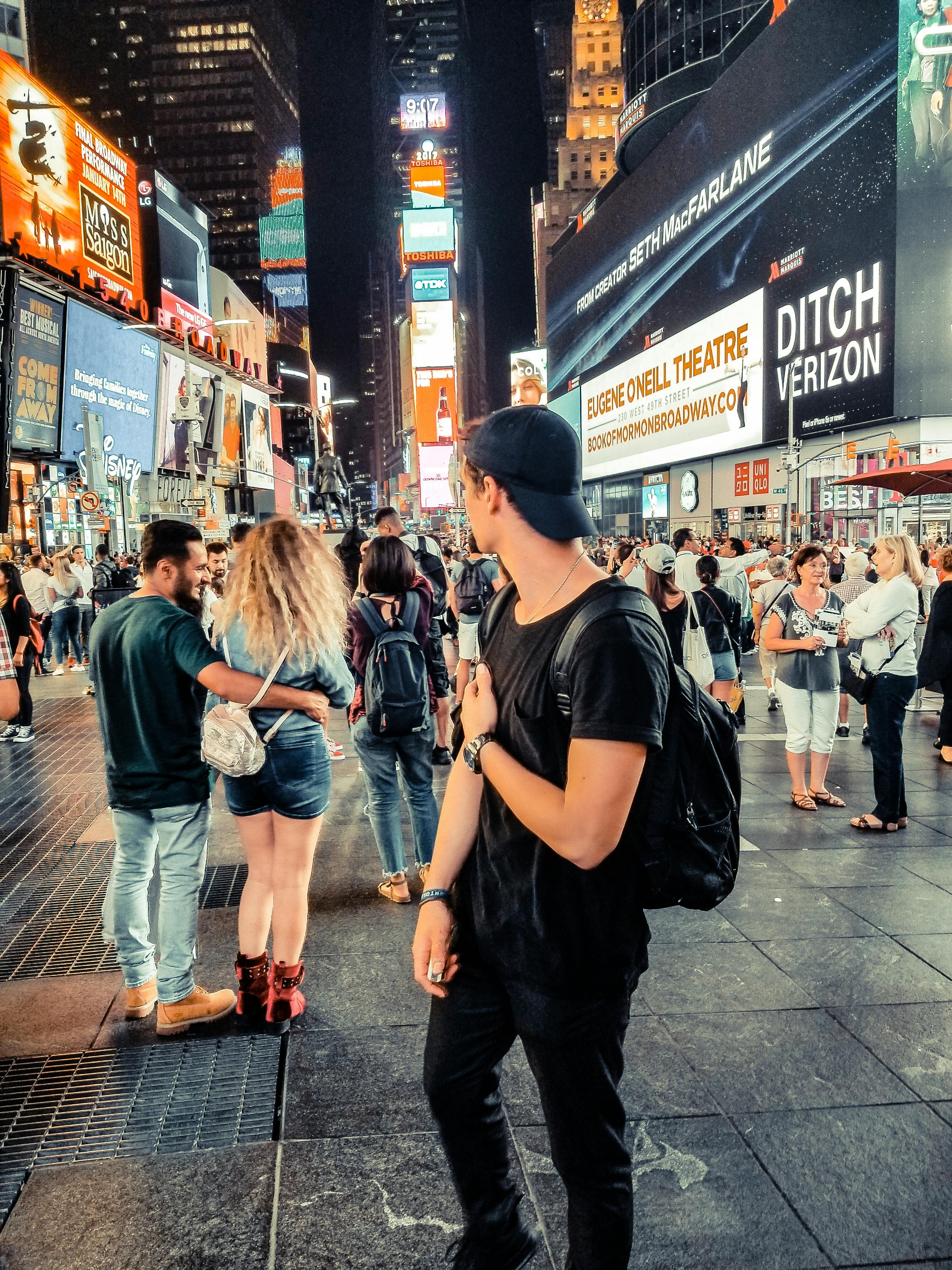
Introduction
The process of applying for a US visa is becoming increasingly rigorous, especially for non-residents seeking entry into the United States. A significant update that all applicants should be aware of is the recent mandate from the US Embassy in India regarding social media identifiers. The Embassy emphasizes that listing social media accounts on the DS-160 form is not just advisable but compulsory. This blog will explore the implications of this new rule, the potential consequences of non-compliance, and provide guidance for applicants to navigate this updated requirement effectively.
What Does the Rule Say?
The updated guidelines stipulate that applicants must disclose all usernames and handles they have used across various social media platforms in the last five years. This includes popular sites such as:
- X (formerly Twitter)
- TikTok
- YouTube
It’s crucial to understand that both active and passive accounts must be reported, which means even accounts that have not been used actively should be listed if they existed during the five-year period. This comprehensive collection of social media data is part of the US government’s efforts to enhance security measures, ensuring transparency and assessing potential threats effectively.
What Will Happen If You Don’t Reveal?
Failure to disclose social media identifiers can have significant repercussions for visa applicants. The potential consequences include:
- Immediate visa denial: If any accounts are not reported, it may lead to an automatic rejection of the visa application.
- Extended processing times: Applications may face delays due to additional scrutiny and verification processes.
- Flagging of future applications: Incomplete disclosures could raise red flags, affecting any future visa applications.
It is essential for applicants to understand that omission of social media identifiers is treated seriously, as it can be considered as providing false information, impacting one’s eligibility for future visits to the United States. This stringent approach reflects the US government’s broader strategy to enhance national security.
Why Does America Collect This Information?
The collection of social media information is part of the US government’s initiative to bolster national security. Officials assert that social media activity can play a pivotal role in verifying identities and identifying patterns that might indicate security risks. Furthermore, this initiative aligns with a global trend where immigration and border authorities utilize publicly available online data for vetting and background checks. In this digital era, understanding an applicant’s online presence can provide crucial insights into their character and intentions.
Now What Should the Applicant Do?
Given the importance of accurately reporting social media information, applicants should take the following steps:
- Review all social accounts: Look over all your social media accounts from the past five years to ensure comprehensive reporting.
- List usernames accurately: Include all relevant usernames in the same format as they appear on the platforms.
- Do not skip platforms: It’s better to list accounts that may seem trivial. Every account counts, even those with minimal activity.
- Be transparent: Honest disclosures are crucial. It’s better to over-report than to risk potential issues by leaving out accounts.
Final Thoughts
This policy update serves as a crucial reminder for Indian visa seekers and travelers worldwide. In an age where digital footprints are an integral part of personal identity, maintaining transparency in the visa application process is essential. For students, professionals, tourists, and those who travel frequently, acknowledging this new requirement is not optional—it’s imperative for obtaining US visa approval.
Staying informed and adhering to updates from official embassy sources are vital steps in ensuring your application is complete and truthful. Ignorance of these changes could lead to avoidable complications. Therefore, applicants should prepare thoroughly and approach the process with diligence and integrity.
In conclusion, the evolving landscape of visa application processes highlights the importance of digital awareness and compliance with governmental requirements. As we continue to navigate these changes, following visa news and updates on immigration policies will be invaluable for all prospective travelers to the United States.
